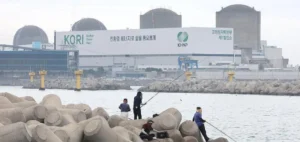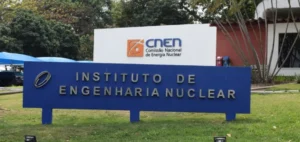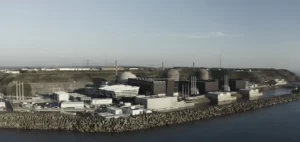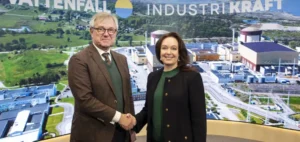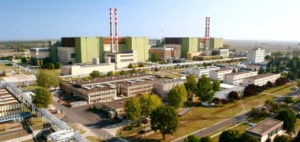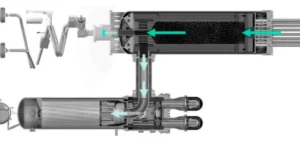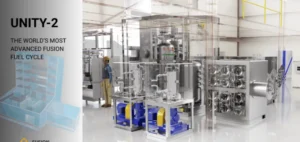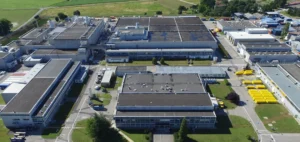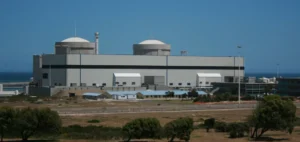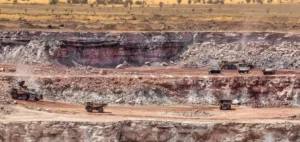Framatome and Ultra Safe Nuclear Corporation (USNC) have signed a non-binding agreement to form a joint venture. The goal of this cooperation is to commercialize a fourth-generation nuclear fuel for USNC’s Micro-Modular™ (MMR®) reactors and other advanced reactor designs.
A step towards low-carbon nuclear energy
“Ultra Safe Nuclear is a pioneer in the manufacture of TRISO-based nuclear fuels and micro reactors, both of which contribute to a clear and achievable path to a low-carbon future,” said Ala Alzaben, senior vice president for North America at Framatome. Both companies share a vision of socially and environmentally responsible zero-carbon nuclear energy.
Framatome, a strategic partner
“Framatome is an important strategic partner in our quest,” said Francesco Venneri, CEO of Ultra Safe Nuclear. “We look forward to continuing our collaboration with Framatome to bring commercial quantities of TRISO particles and FCM fuel to market.”
“Following extensive review and due diligence, we selected Framatome as our partner. Framatome not only has a long history of safe and economical nuclear fuel manufacturing, but its extensive manufacturing experience will be key to our success in bringing the TRISO and FCM fuel forms to market quickly,” said Francesco Venneri.
A pilot plant for fuel fabrication
Ultra Safe Nuclear’s collaboration with Framatome follows the August opening of USNC’s pilot fuel fabrication plant (PFM), the first and only privately funded facility in the United States to fabricate TRISO particles. Modular production lines for TRISO particles and FCM fuel will be rapidly repeated to increase capacity and meet the growing demand for MMR and advanced reactor technologies.




